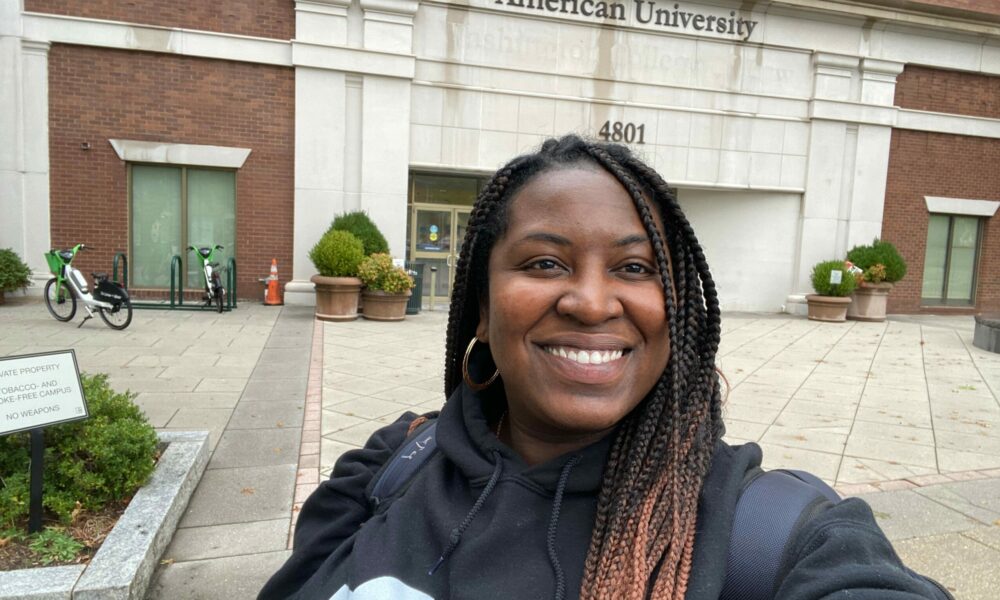

Today we’d like to introduce you to Lisa L. Daniels.
Hi Lisa, we’d love for you to start by introducing yourself.
Although the Bessemer Coalition for Black History is not located in Atlanta directly, I chose College Park as our “Atlanta Area” because so many Alabamians move to College Park for educational or professional purposes. We started our work with the Equal Justice Initiative (EJI) in 2019 and we have been working to remember the known lynching victims of our city as so many community remembrance projects are doing across the country. We have been educating community members through readings, ceremonies, and field trips to further expand the awareness of tragic loss perpetuated by hatred, fear, and ignorance, and we have been modeling what it looks like to heal our community through culturally competent and place-based reconciliatory practices. Rumi once said, “The wound is the place where the Light enters you”. As we do this work in a place known for making steel stronger (The Bessemer Process), we hope to heal and unify ourselves and share our practices with our neighbors across the Southeast to make all of our communities stronger. As I think about my childhood, we always took pride and joy in visiting Atlanta. Take the voyage to visit us and we will continue to do the same for you.
Alright, so let’s dig a little deeper into the story – has it been an easy path overall and if not, what were the challenges you’ve had to overcome?
This was definitely not a smooth road at all. I can feel Langston Hughes’s “Mother to Son ” and James Weldon Johnson’s famous stanza “Stony the road we trod” when I think about our work in Alabama. When we started this work in 2019, a number of obstacles were in our way but our dedication to this cause would not allow us to let our ancestors down. We learned that if we are committed to this work, someone will step up, step in, and carry on. Our small collective is made up of working parents and professionals with overflowing plates of responsibility. We had to carve out time and protect our energies to get to this point. We held meetings that gained little interest at first, but as people began to learn the stories of the 4 known lynching victims, we were able to gain traction. We wanted to build a coalition that connected directly with the Equal Justice Initiative (EJI) because we deeply care about the direct access, direct implementation, and direct impact to the local community. Because of our grassroots efforts in the Bessemer Cutoff, we have partnered with the Bessemer Hall of History, the Bessemer Historic Society, and local members of Be the Bridge. We have learned from historians, we have connected to organizations that are centered around the preservation of Black history and Black genealogy in the state of Alabama, and we have connected with high school students to share this work with the next generation of leaders and scholars. Our story is documented in the local online newspaper The Cut-Off News and EJI publications, and most importantly, our work is documented by the people who choose to be active community members dismantling the hatred of the past through education and participation.
Our first community field trip was definitely a struggle bus moment. The community interest was high, but the finances were low. There was a grant that would refund the cost of the bus, but we didn’t have the money. My dad, Rev. James Daniels, did what all good dads do. He believed in me, and he stepped in to loan us the money. I wanted to make sure that people had food, so Will Harvill (owner of Bizarre the Coffee Bar) did what all good community-minded business owners do. He provided bagged lunches out of the kindness of his heart. With students from the Bessemer City High School, homeschool cooperatives, and community members in tow, we were able to take a load of learners from Bessemer and Birmingham to Montgomery, Alabama to visit the National Memorial for Peace and Justice and the Legacy Museum. As the old folks say, “Getting up the hill may be hard, but keep going because your efforts may give someone else a better view”. By giving community members direct access to information through the direct implementation of our efforts, we have made a lasting direct impact. That day consciously bonded people from a range of intersectional identities in a way that we had never seen done in Alabama. Although the pandemic delayed our plans for a while, I am excited to have another community field trip in April of 2023.
As you know, we’re big fans of you and your work. For our readers who might not be as familiar what can you tell them about what you do?
I am a lifelong learner and lover of field trips, and I am currently getting my Ed.D. in Education Policy and Leadership from American University. As the lone residential Alabamian in my cohort, I am finding ways of connecting my interests in culturally responsive place-based education to the qualitative and quantitative research practices of the academic world. For the past decade, I have served as a teacher and therefore I have spent a great deal of time creating or chaperoning field trips for school-aged children. I have had the honor of taking students to see plays in Montgomery, Alabama, flying with students to Obama’s second inauguration, supporting students through a weeklong college trips and tours of Washington, D.C. Although I truly loved seeing students grow through these various learning experiences, I wondered why field trips stop with school students. After receiving a full scholarship through the World Affairs Council of Houston, I had the opportunity of a lifetime to take part in a two-week educational development to Vietnam and Cambodia. I was the only Black person on the trip, and I joined a welcoming group of educators and professionals who wanted to expand our knowledge of the world. We traveled together, we learned together, and we experienced the world in ways that required us to honor the sacredness of the history and the beauty of the people around us. We visited so many places including schools, orphanages, gardens, temples, museums, and historical sites. This experience changed my perspective and became the impetus for my work to develop community field trips. Right now, I am working to provide community field trips to local historical sites in Alabama, but I dream of creating community field trips to various historical sites across the United States and around the world. As a person from a low-income background, I know all too well how finance can become an obstacle to learning opportunities and I want my work to center around creating community field trips for lifelong learners beyond traditional education. When communities learn, communities thrive. I truly believe that if lifelong learners travel for educational purposes, we can gain insight on the world and build strategies to positively impact our respective communities.
Are there any apps, books, podcasts, blogs or other resources you think our readers should check out?
Writers in academia who are “Black on purpose for a purpose” have provided me with an overwhelming feeling of confirmation regarding American society and my identity as a citizen, a student, and a teacher. Cynthia B. Dilliard notes, “The false power of takers requires that we forget who we are and that their version becomes us” (2021). I read this several times because it helped me consider what it means to recognize when I am not paying attention to my own story in history and why. My academic cognitive dissonance developed under the guise of advice to be more objective in my writing, research, and teaching. Now when I am teaching and speaking in the community, I am more intentional about remembering who I am instead of taking on the version of who I am expected to be. I cannot simply teach what has been put in a book about any group of people, places, and events because it could very well continue the ignorance, miseducation, and cognitive dissonance that empower white supremacy. I must intentionally include minoritized voices. I must do more research so that I can eviscerate the type of training that would continue microaggressions in the lives of citizens, teachers, parents, and students. Due to my training and my area of interest, I am constantly placed in instances where I am the only Black and female body with the opportunity to experience things in a majority white group. This has led to a professional career filled with experiences where I saw a problem from my perspective (e.g. lack of equitable practices, cultural experiences, and connections to local Black history), but it was never important enough to be handled by administration. This type of response was due in large part because of a constant level of ignorance, miseducation, and cognitive dissonance. This type of response impacted the lives of students, parents, and teachers. I along with other people of color and anti-racist educators, continued to bear the weight of these oppressive responses each day because people more powerful than us failed to pay attention to the research and the truth of impact when we failed to be culturally competent.
Cynthia B. Dillard’s “Spirit of Our Work” is canonical to my research. She recenters Black women’s experiences as a major connection to historical, spiritual, and cultural points of geography by (re)searching, (re)visioning, (re)cognizing, (re)presenting, (re)claiming, and (re)membering. Dillard’s main goal in writing this book is to recognize the importance for Black women as teachers. In her own experiences as a student, she only had one Black teacher throughout her kindergarten to doctoral studies educational journey. In her work as a professor, she is actively seeking to build support for Black women teachers with the Ghana Study Abroad in Education (GSAE) program. She is the living embodiment of her work to be Black on purpose for a purpose. I cannot fathom an educational experience without all the teachers who nourished me. I was blessed to have diverse groups of teachers support me, but there were also the teachers who were Black on purpose for a purpose and they all changed my trajectory in life. When I meet students and teachers who did not get the opportunity to be nourished by culturally competent and antiracist teachers, it is easy to understand the importance of reading works such as Carter G. Woodson’s “Miseducation of a Negro”, Kevin Quashie’s “The Sovereignty of Quiet”, Beverly Daniel Tatum’s “Why are all the Black kids sitting together in the Cafeteria,” and Paula Giddings “When and Where I Enter”. Beyond books and teachers, there is always a need to remember the impact of field trips and, of course, Reading Rainbow.
Contact Info:
- Website: lisaldaniels.com
- Linkedin: https://www.linkedin.com/in/lisa-l-daniels-m-ed-63767b36/
- Twitter: https://twitter.com/LisaLynee9
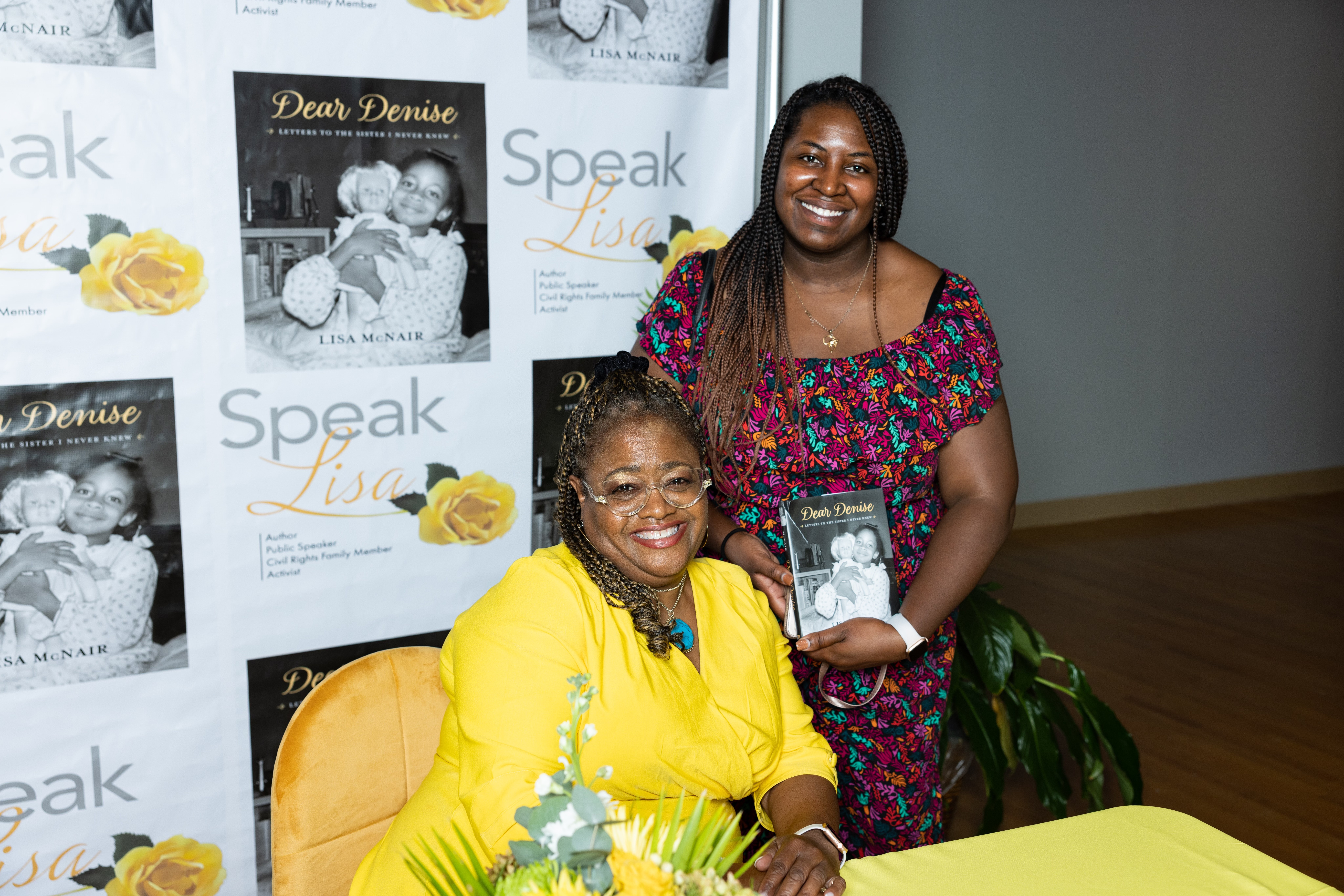
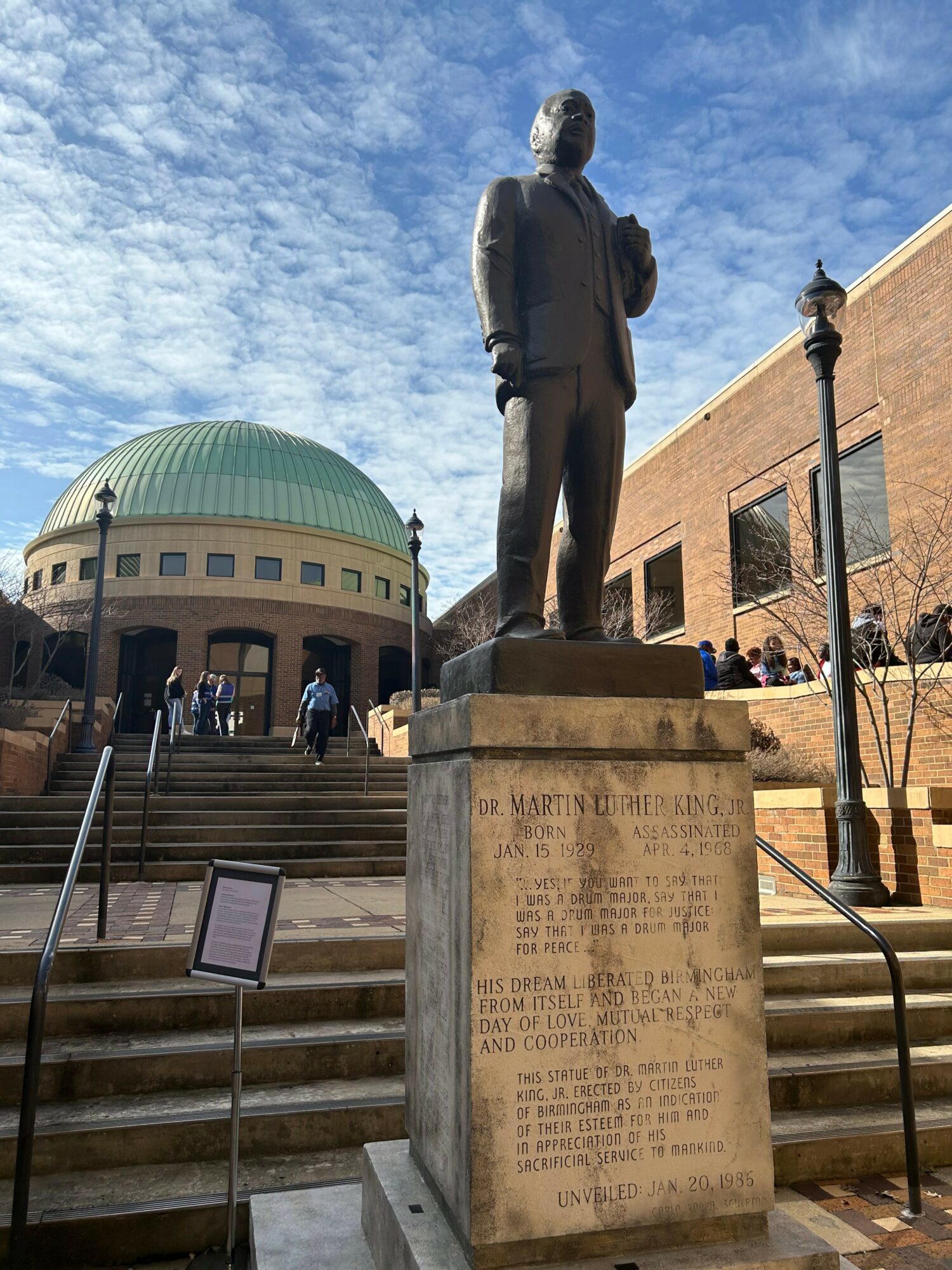
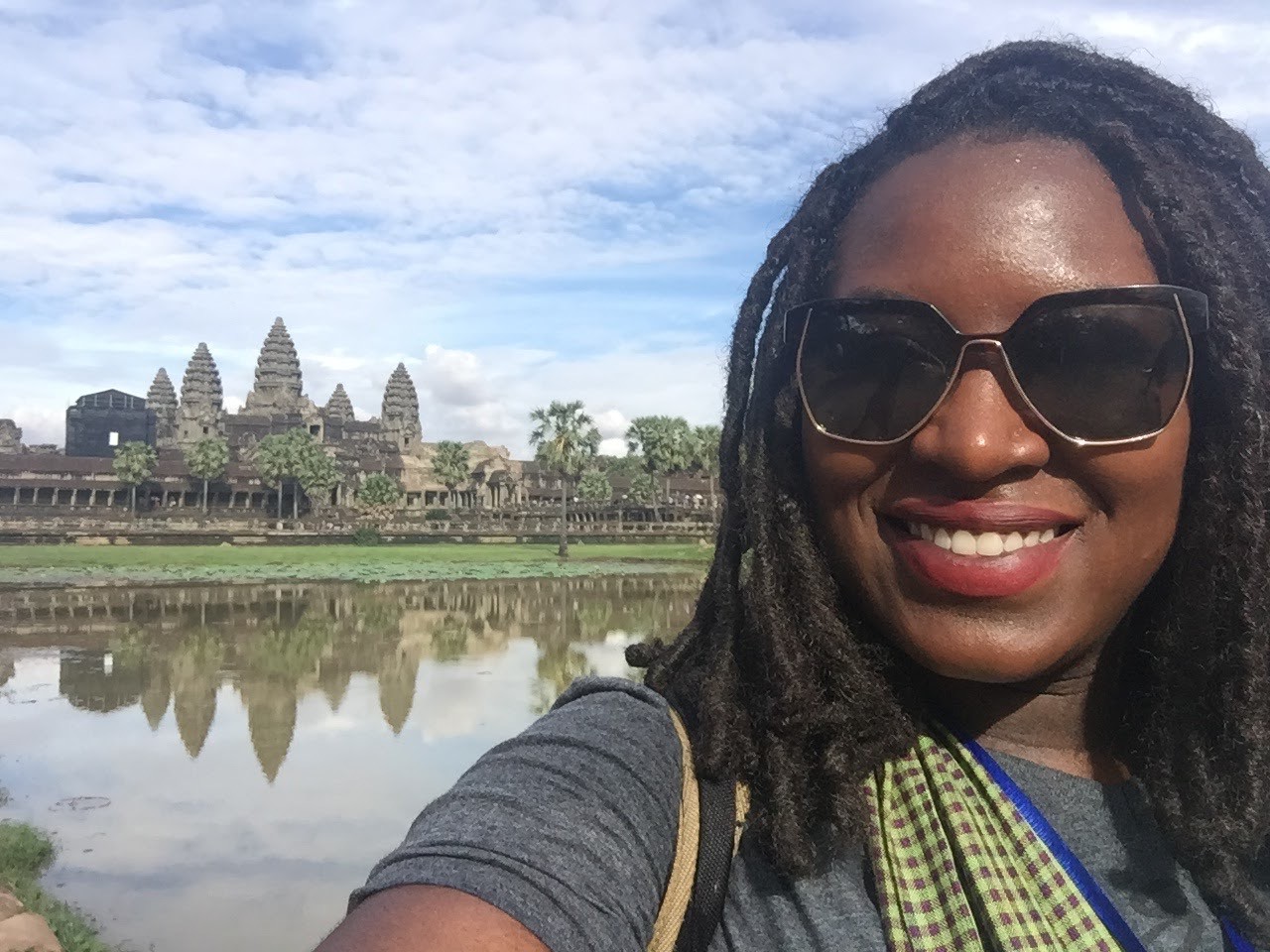
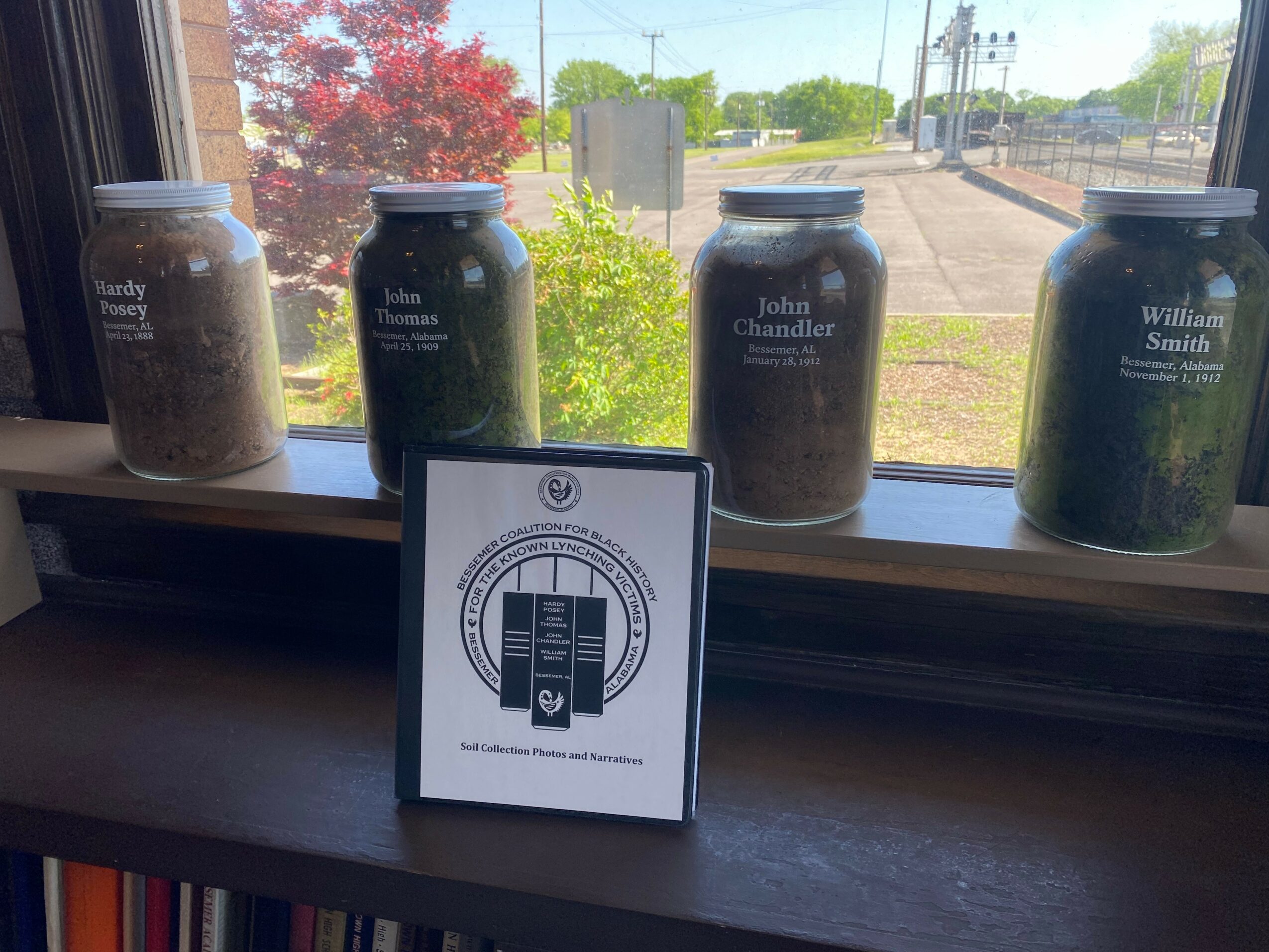
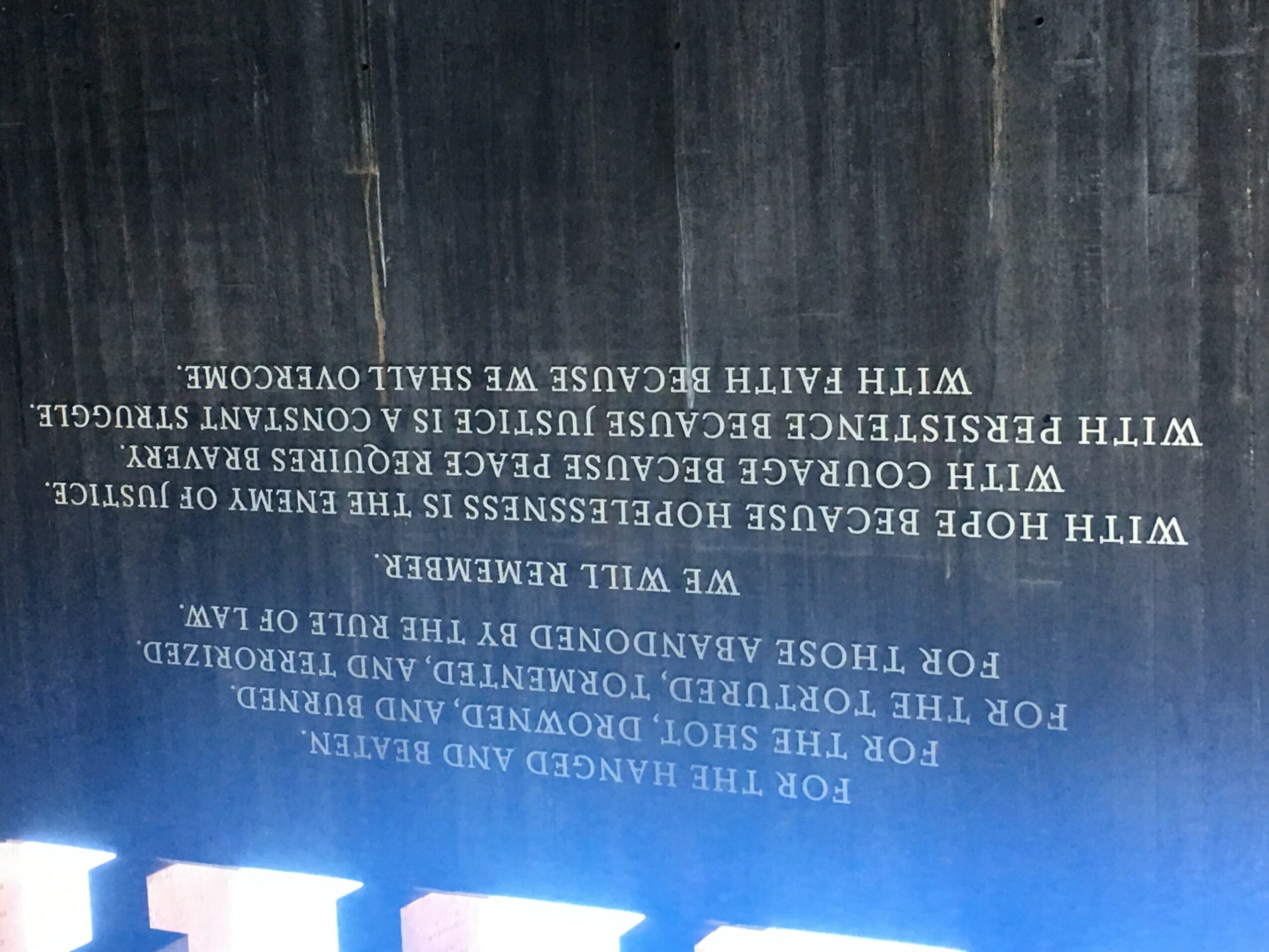
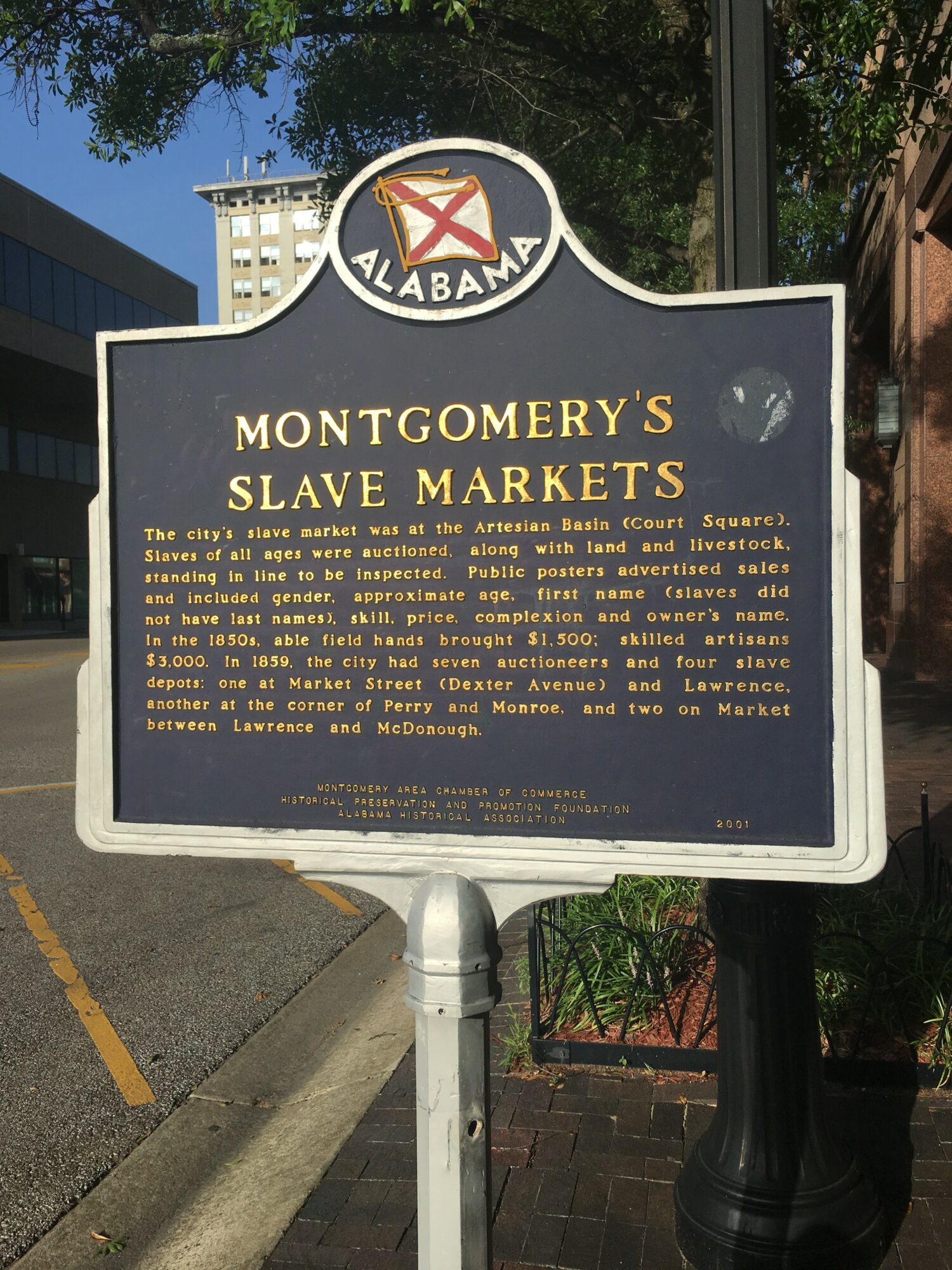
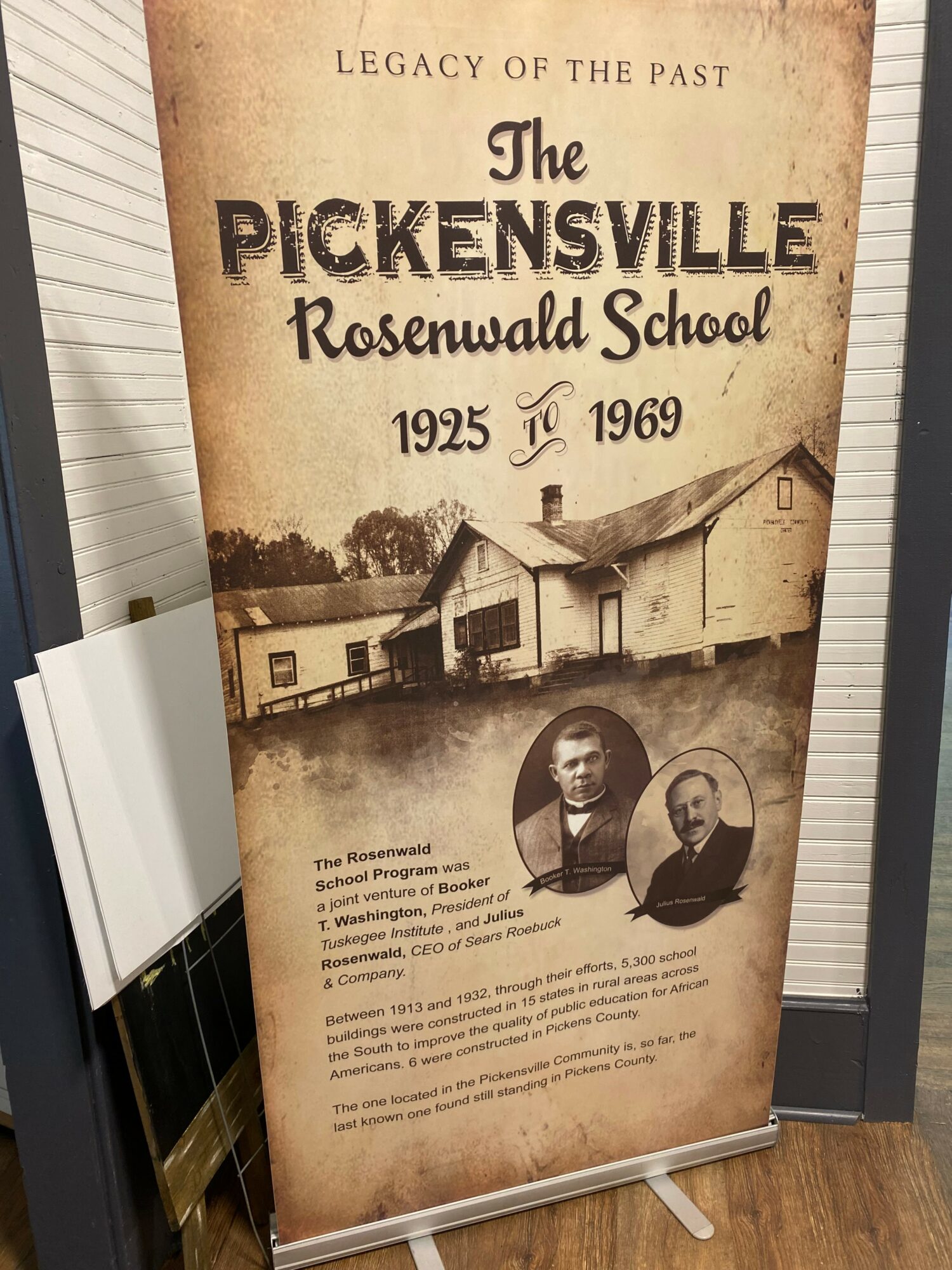
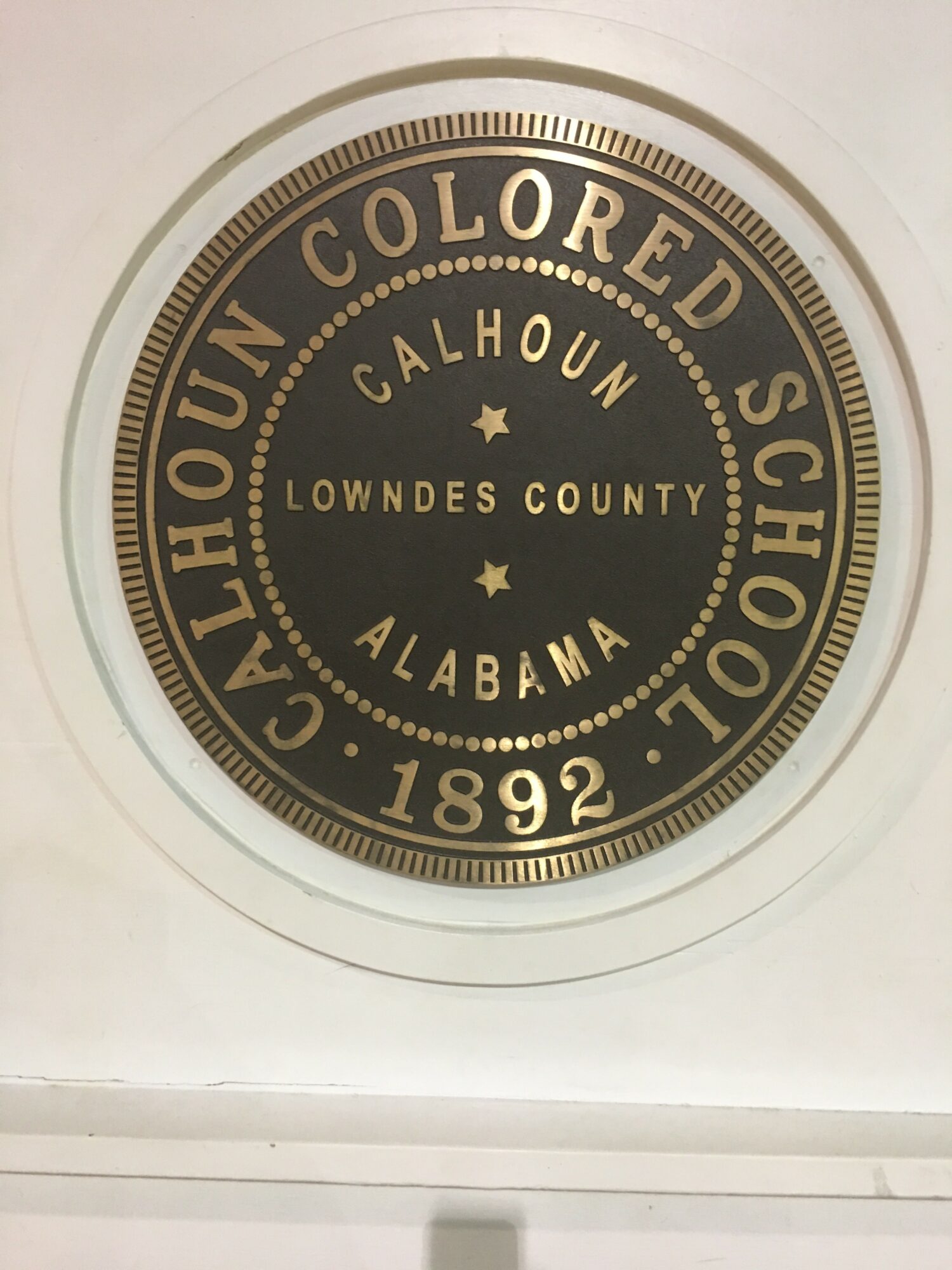 Image Credits
Image Credits
Photo Credit: Lisa Speaks Photography Team at the Birmingham Civil Rights Institute for the “Dear Denise” Book release party.













